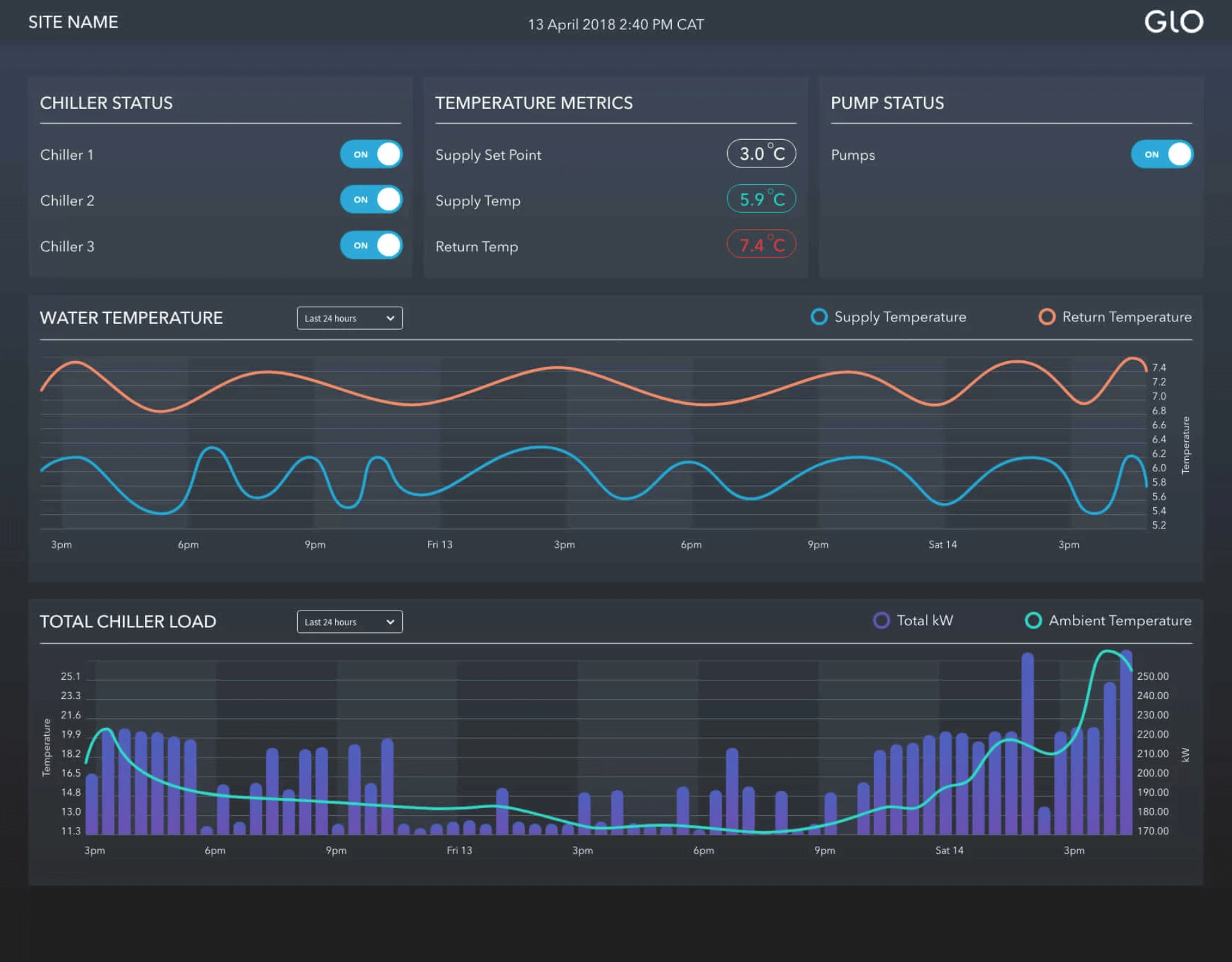Businesses operating in South Africa are under a massive amount of financial strain, and a big contributor to this is electricity spend. The good news is that cutting operational costs is one of the easiest ways to reduce your energy bill, and it’s within every business owner’s control to do so.
This is according to Tygue Theron, Head of Business Development at Energy Partners Sustainability – a division of Energy Partners and part of the PSG group of companies – who says that many local businesses are inadvertently paying significantly more in energy tariffs than they rightfully should be. “When you consider that there are over 900 tariff options available to South African electricity users, it’s clear that it’s quite possible for a company to be assigned to the wrong tariff. But tariffs are only one element of an electricity bill, there are many other intricacies to consider. The type of consumer/off-taker they are, whether they are billed by Eskom directly or their local municipality, their physical location and a host of other factors play a role in how one is billed.”
He says that closely scrutinising and understanding your electricity bill is the first step in bringing down your costs. “There are three main sections of an electricity bill that must be reviewed to see where costs can be cut: energy charges (reduce consumption), maximum demand charges (change behaviour), fixed and other charges (partially unavoidable).
Next, is ensuring the business is on the right tariff. “Many businesses are bearing the brunt of annual municipal tariff increases from 6% to 15%, simply because they are unaware that they may be on the wrong tariff structure. The best way to approach this, is by working closely with a specialist who will analyse the business’s monthly electricity bill and compare it to a comprehensive tariff database, which any responsible energy engineer will have. Once they understand what they are being billed for and whether they are on the right tariff, the business will be in a good position to negotiate with their municipality for better rates.”
Energy Partners Intelligence has achieved up to R71 million in savings for clients when it comes to tariff switches and billing claims. “In addition, our clients have saved to R136 million in tenant bill recoveries, and we currently have R13.3 billion in bills under management. Of course, this requires ongoing engagement with the local municipality to ensure that there is always a good relationship on which to base future negotiations.”
Delving further into the changes businesses can make to cut spend, Theron advises installing a meter on the energy box to accurately measure usage and check against the usage charges on the electricity bill. “The data will show whether the business is being correctly charged for usage (mistakes do happen) and can help identify where there is a need for behaviour change to minimise energy consumption and further save costs. For instance, a business could pay up to four times more for energy during peak times in comparison to off-peak times. Companies should therefore schedule their most energy intensive operations during off-peak hours wherever possible. This alone can cut monthly electricity spend considerably.”
The maximum load that a company reaches during the day also has a notable effect on one’s bill. “Once again, the available data will provide a clear picture of the company’s energy usage and to find ways of either moving those peaks to different times or bringing them down to a lower threshold. If, for example, there are machines that need to be ramped up before use, it may be worth getting them fired up at 4:00 in the morning to avoid the heavy energy load during peak hours. Another potential solution may be to avoid running all machines at the same time to spread the energy peaks out throughout the day.”
From there, Theron says that options abound. Once a company has made these behavioural changes and benefited from the resultant cost savings without having spent on capital, it becomes easier to make a case for alternative solutions that require some capital outlay. “Companies can work with an energy engineer to do a complete equipment audit and potentially install new, less power-intensive equipment. And they can also begin to investigate alternative energy sources such as solar power, to use less energy from the grid,” he says.
For a municipal bill, the above-mentioned are the most likely factors that will affect energy spend. However, Theron points out that if the businesses is billed directly by Eskom, it can become even more extensive. “This is where things like environmental subsidies, levies and other charges start to play a role. Around 20% of our clients fall into this category, all this means is that these businesses need a service provider who can get even more involved in collecting the data and finding the best solutions.”
“With each annual electricity tariff increase businesses see their own profit margins shrink. It has become more important than ever for businesses to de-risk as far as possible by measuring their energy consumption and reducing their carbon footprint. And in the process of becoming energy efficient, reducing their own operational costs and becoming more profitable and sustainable,” Theron concludes.





